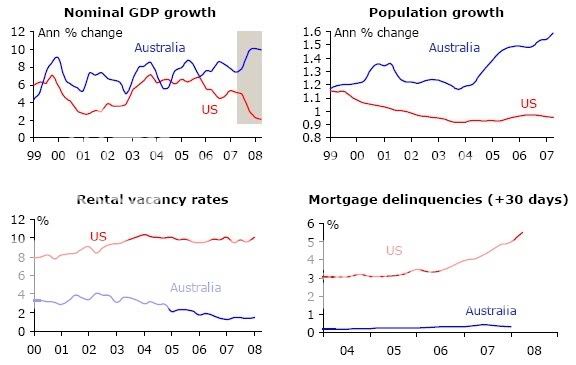Are you serious
This is a joke right ? a wind up ?
That myth (10% average growth per year ) has been debunked on numerous times... in good periods, you might get it... in flat years you can forget it... and in bad years (aka our near/mid term) you are toast if you rely on it as a financial plan.
I once read that the UK is the only country in the world that have 900+ years of records of land price. By memory the average growth was something like 10.2 pa. I guess that a lot of thing had happened in almost a milleniumWar, boom, bust, pandemics, you name it and still people need a place to live. Will that ever change?

This is a joke right ? a wind up ?
That myth (10% average growth per year ) has been debunked on numerous times... in good periods, you might get it... in flat years you can forget it... and in bad years (aka our near/mid term) you are toast if you rely on it as a financial plan.

